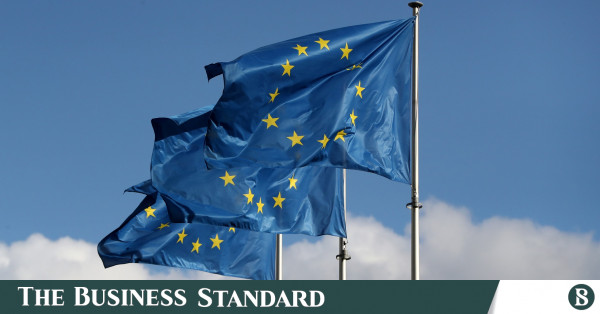
The directive places new requirements on companies to fully audit “upstream” partners in design or manufacture, and “downstream” partners who transport, store and distribute products.
The European Parliament voted on Wednesday for a new law that will require larger companies operating in the bloc to check if their supply chains use forced labour or cause environmental damage and act to take action if they do.
EU lawmakers backed the Corporate Sustainability Due Diligence Directive (CSDDD) by 374 votes to 235 against, with 19 abstentions.
Why is it important
The directive places new requirements on companies to fully audit “upstream” partners in design or manufacture, and “downstream” partners who transport, store and distribute products.
Business groups have complained that it introduces multiple new layers of regulatory burden, with potentially harsh sanctions, places European companies at a disadvantage compared to competitors and discourages investment in Europe.
Penalties include fines of up to 5% of global turnover.
Context
The rules were watered down to win over some EU members concerned about piling red tape on companies. Germany still failed to support it.
The rules, from 2028, will apply to companies that have more than 1,000 employees and a net worldwide turnover above 450 million euros ($480.8 million).
The initial proposal had set the thresholds for EU companies at more than 500 employees and 150 million euros turnover.
The law requires companies to prevent and end or mitigate potential or actual harm to human rights and the environment, such as child labour and biodiversity loss. It also requires remediation of actual adverse impact caused.
Financial companies will only have to consider upstream partners in their checks.
Companies will also have to prepare plans setting out how they will transition to a low carbon economy.






